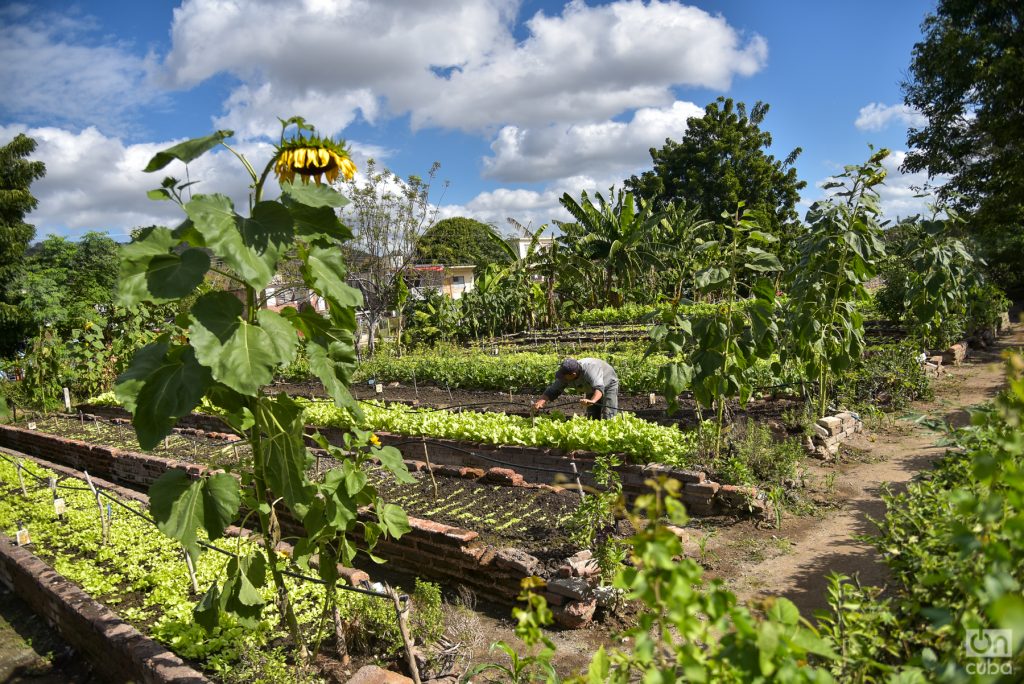A cooperation agreement between the governments of Argentina and Cuba to promote the productive capacity of the agri-food sector and rural development on the Island, in force since June 23, was announced this Tuesday in the Official Gazette of the South American nation.
The “Cooperation framework agreement for agricultural development between the Government of the Argentine Republic and the Government of the Republic of Cuba” was signed on January 6, and will last for five years, according to a office from the agency telam.
The 07/12/2022 edition of the Official Gazette of the Argentine Republic is now published.
You can view it in https://t.co/AA3isnRlCq— RA Official Bulletin (@boletin_oficial) July 12, 2022
Both countries agreed to cooperate through the exchange of “technical information, documentation, research results and experts in order to reciprocally train their technicians” in matters of farming and products of plant origin, livestock and animal products, food, technology transfer and investments in the agri-food sector.
The agreement was signed “taking into account the close ties” between Argentina and Cuba, with the background of July 15, 2020, when the Cubans presented their National Plan for Food Sovereignty and Nutritional Education (SAN) before the FAO (Organization of the United Nations for Food and Agriculture), specifies the medium.
The text of the agreement reads that “the Argentine Republic has managed to double its agri-food production over the last 20 years, through the expansion of its agricultural frontier and increases in productivity achieved due to the permanent technological innovations developed and incorporated into the throughout all phases of production”, stresses the source.
Likewise, it faced “a system of innovation and development in agri-food matters based on a collaboration scheme between the scientific-technological system and the productive framework”, and “has been able to transfer that experience to different countries of the world”.
In this context, the two countries “have a shared aspiration to develop broad and effective cooperation in agricultural, livestock and food matters in a mutually beneficial manner.”
The governments of Cuba and Argentina have strengthened ties after the arrival at the Casa Rosada of Alberto Fernández, who immediately distanced himself from the neoliberal measures promoted by his predecessor Mauricio Macri, one of the biggest detractors in the region of the Cuban socioeconomic model. .
Fernández was one of the American leaders who criticized Cuba’s non-invitation to the recent Summit of the Americas, held in the city of Los Angeles, where the Argentine president attended on behalf of the country that held the pro tempore presidency of the Community. of Latin American and Caribbean States (CELAC).
Cuba has suffered from chronic shortages for decades. For this reason, there is a usual shortage of basic foods such as powdered milk, eggs, oil, bread, wheat flour and chicken, among others.
The serious situation has worsened with the economic crisis, exacerbated by the effects of the COVID-19 pandemic and the US embargo, in combination with many errors in the island’s government’s macroeconomic management.















